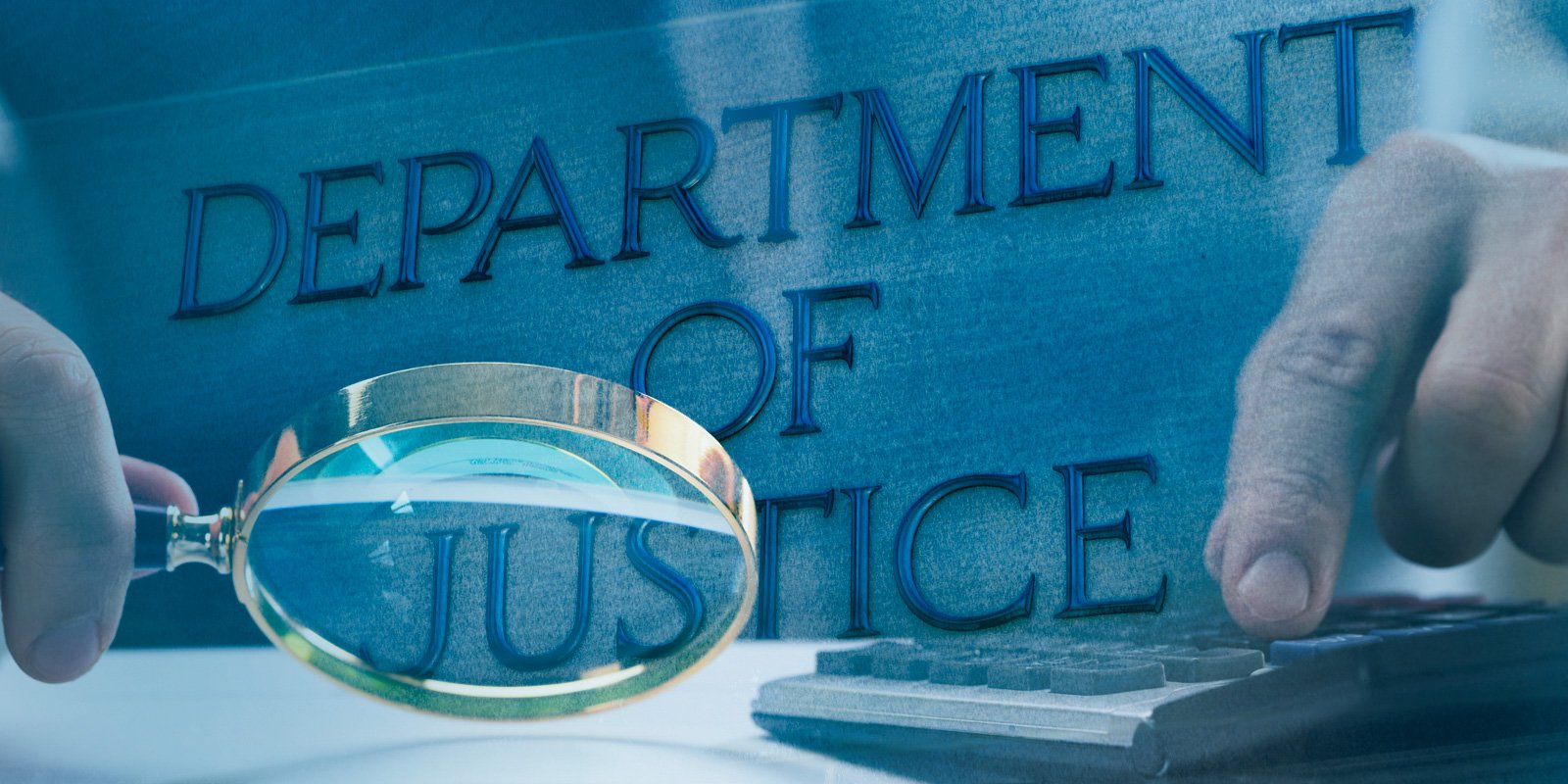
DOJ Ramps Up Coordinated Law Enforcement Action to Combat Health Care Fraud Related to COVID-19
A notable uptick in enforcement actions by the Department of Justice ("DOJ") reflects DOJ's ongoing efforts to curb alleged health care fraud arising from the COVID-19 pandemic, including activity focusing on telehealth services rendered during the pandemic.
On May 26, 2021, DOJ announced a series of coordinated law enforcement actions against 14 defendants across seven federal districts for alleged participation in fraudulent health care schemes that, according to the government, exploited the COVID-19 public health emergency ("PHE") and resulted in more than $143 million in false billings. The announcement comes just nine days after the attorney general directed the establishment of the COVID-19 Fraud Enforcement Task Force to augment already-existing coordination across agencies. This is the most recent notice by the federal government regarding efforts to combat and prevent perceived COVID-19-related fraud.
The criminal enforcement actions identified in the DOJ press release focus on three main categories of behavior.
One indictment included what DOJ described as "first in the nation charges," which involved the exploitation of Centers for Medicare & Medicaid Services ("CMS") policies expanding access to telemedicine services during the PHE. Prior DOJ enforcement actions involving telehealth services have primarily focused on "telefraud," i.e., "scams that leverage aggressive marketing and so-called telehealth services" to sell expensive items like durable medical equipment and genetic testing. The most recent indictment, however, appears to involve fraud charges relating to the actual provision of telemedicine services themselves, charging defendants with offering telehealth providers access to Medicare beneficiaries for whom they could bill consultations in exchange for referrals of medically unnecessary cancer and genetic testing. The indictment indicated that the providers seldom conducted telemedicine consultations billed to Medicare, and where the providers did, these telemedicine visits were tainted by kickbacks.
In a second category of cases, defendants allegedly offered COVID-19 testing services to Medicare beneficiaries but then allegedly misused the patients' personal information, saliva, and blood samples to order medically unnecessary and far more expensive laboratory tests, including cancer testing, genetic testing, allergy testing, and respiratory pathogen panel tests.
In a third category, a defendant faces charges for theft of government property and wire fraud after allegedly misappropriating monies obtained from COVID-19 relief programs, including the Provider Relief Fund and the Economic Injury Disaster Loan Program. The defendant operated a home health agency, and allegedly utilized funds from the relief programs for personal gain, rather than for intended COVID-19 patient care or to support small businesses experiencing disruption due to the pandemic.
Simultaneous with DOJ's press release, CMS's Center for Program Integrity announced that "CMS separately took adverse administrative actions against over 50 providers for their involvement in health care fraud schemes relating to COVID-19 or their abuse of CMS programs that were designed to encourage access to medical care during the pandemic."
The recent establishment of the COVID-19 Fraud Enforcement Task Force and its clear focus on enhancing agencies' administrative response indicate that DOJ enforcement actions may increasingly be accompanied by agency action. Actions by commercial insurers may likewise soon follow. Given the heightened scrutiny, recipients of Provider Relief funds and other COVID-19 relief monies would benefit from careful review of documentation supporting how those funds were and are expended. Similarly, telehealth providers should be aware of DOJ's expanded areas of focus on telemedicine services and take steps or redouble efforts to ensure that policies and procedures promote appropriate documentation and billing of services ordered and provided.







